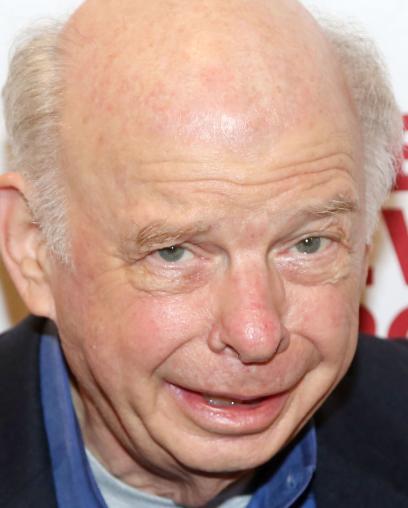The nameless narrator of this blistering monologue lies ill and alone in a dreary hotel room in a poverty-stricken country. A political execution is about to take place beneath his window. Far from the glib comforts of his own life, he struggles with memories and his own conscience, which more...
Wallace Shawn, renowned for his iconic roles in "My Dinner with Andre" and "The Princess Bride," brought his unique talent to "The Fever," further showcasing his versatility as an actor and playwright. more...
Videos


